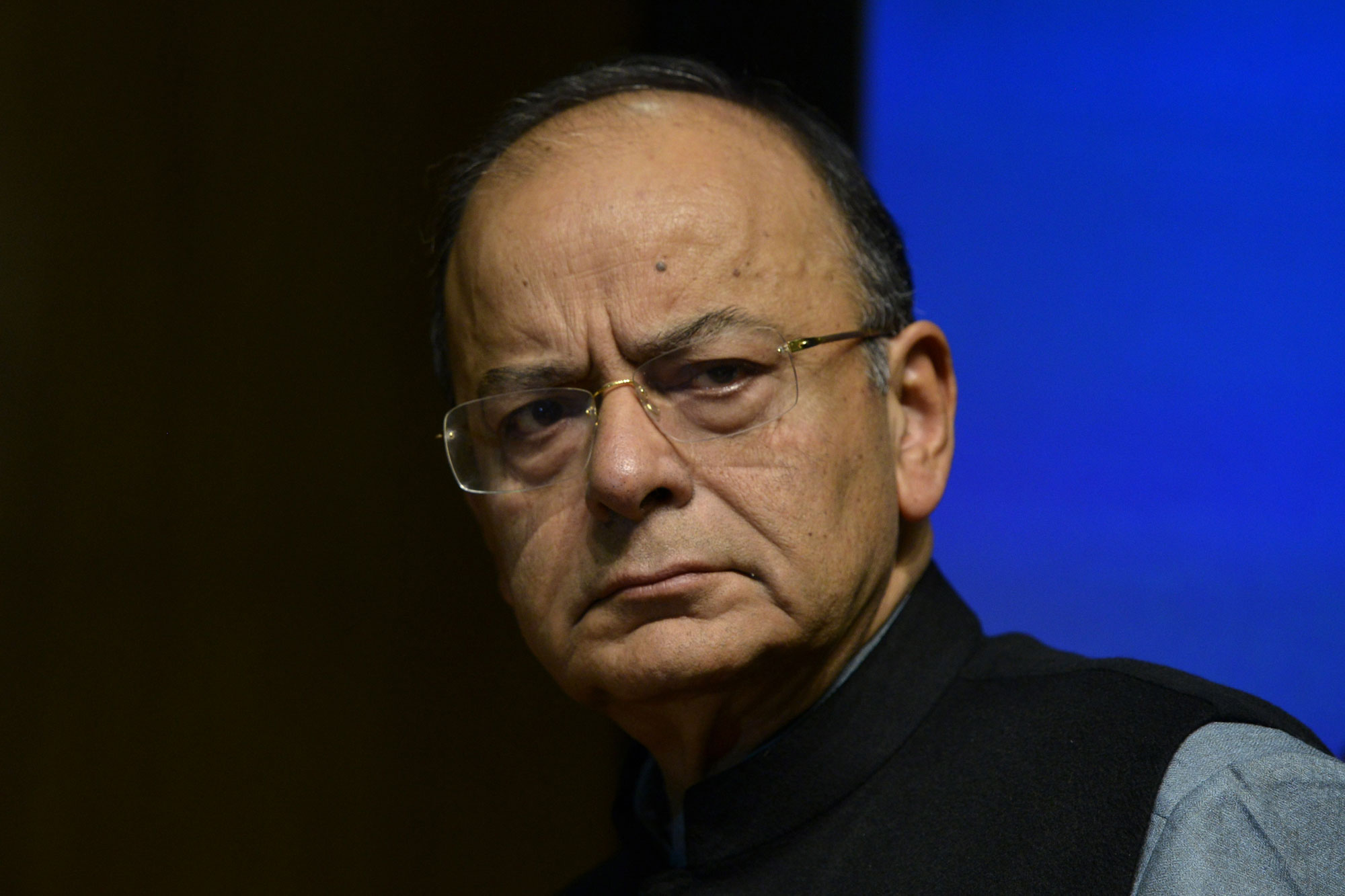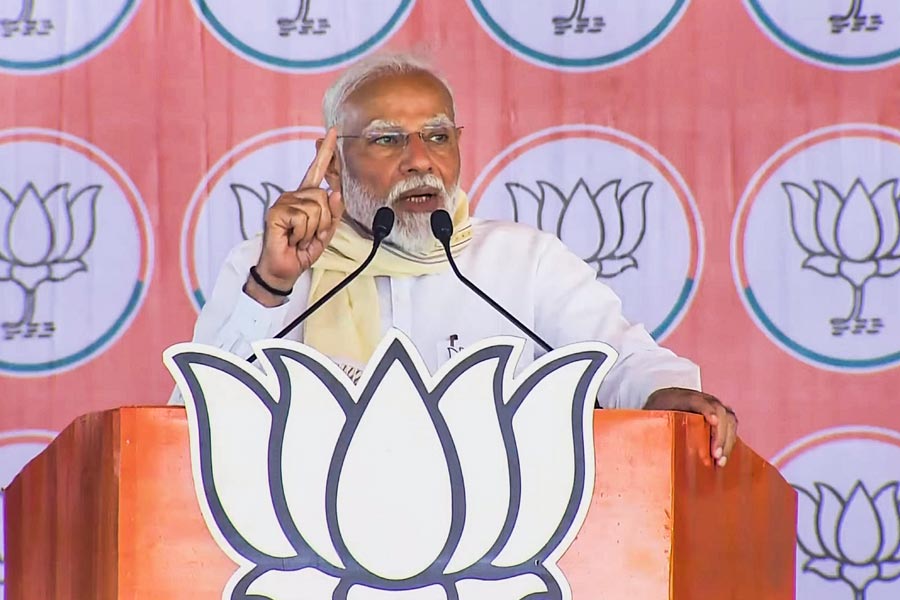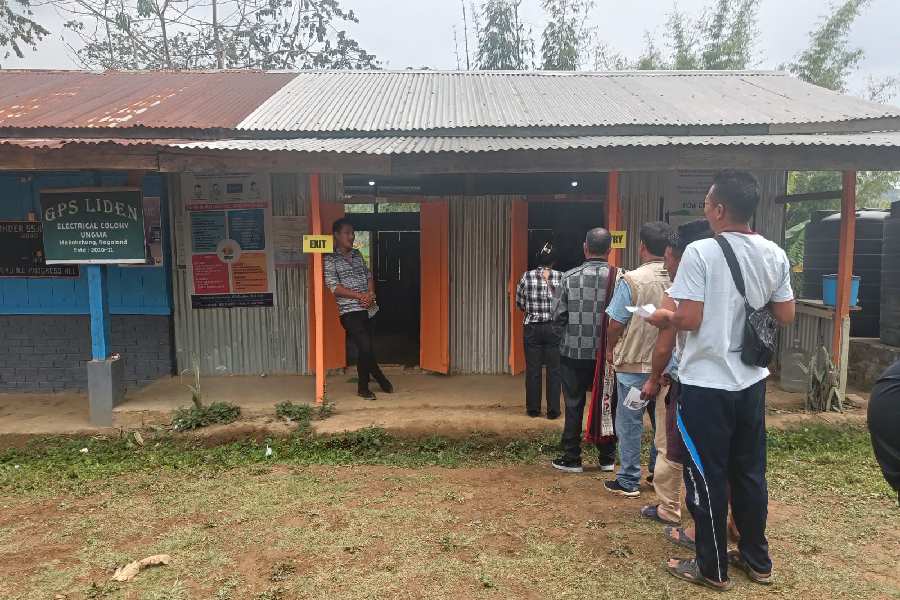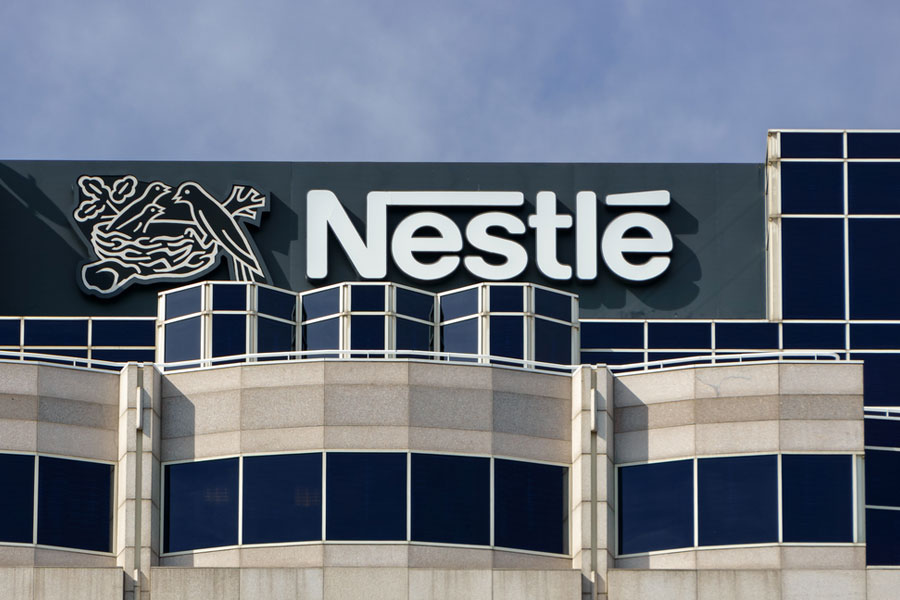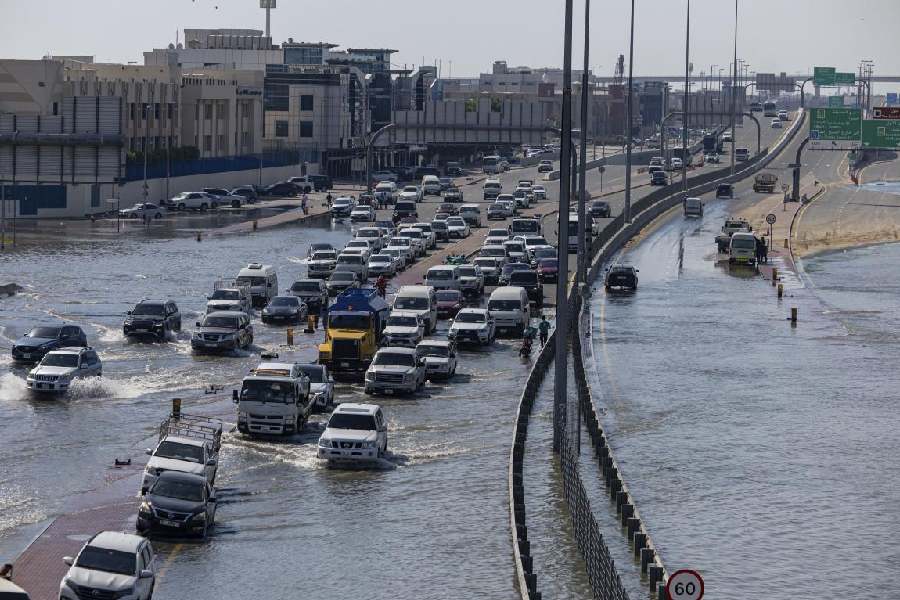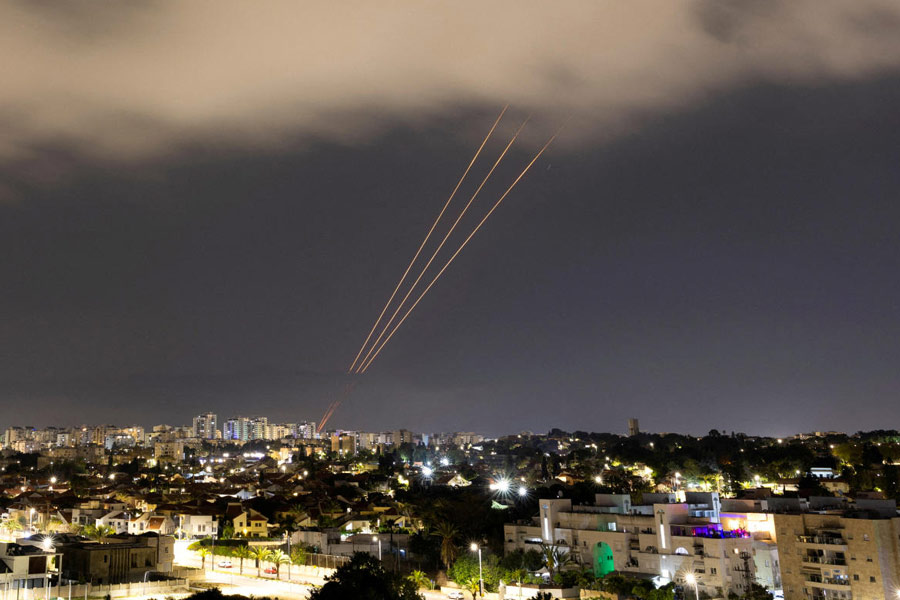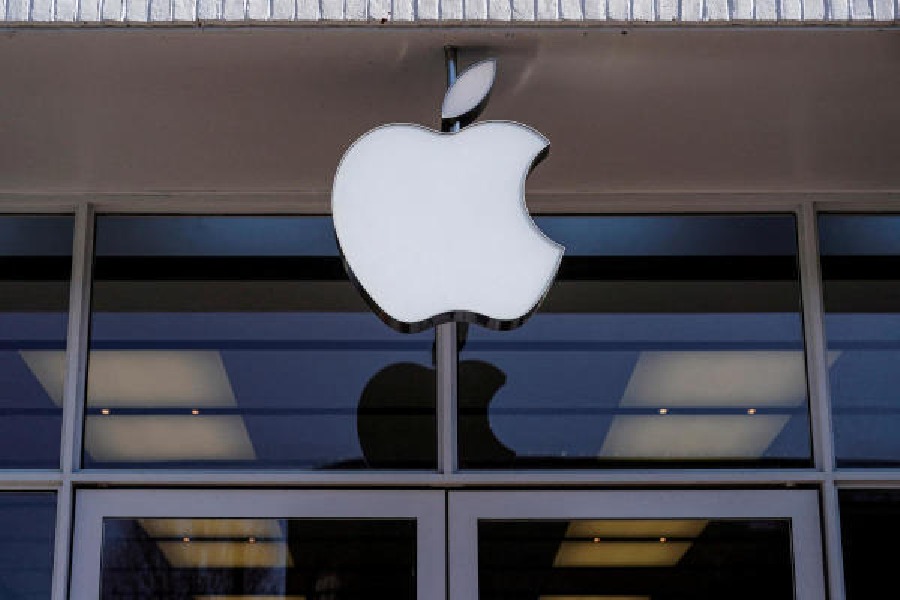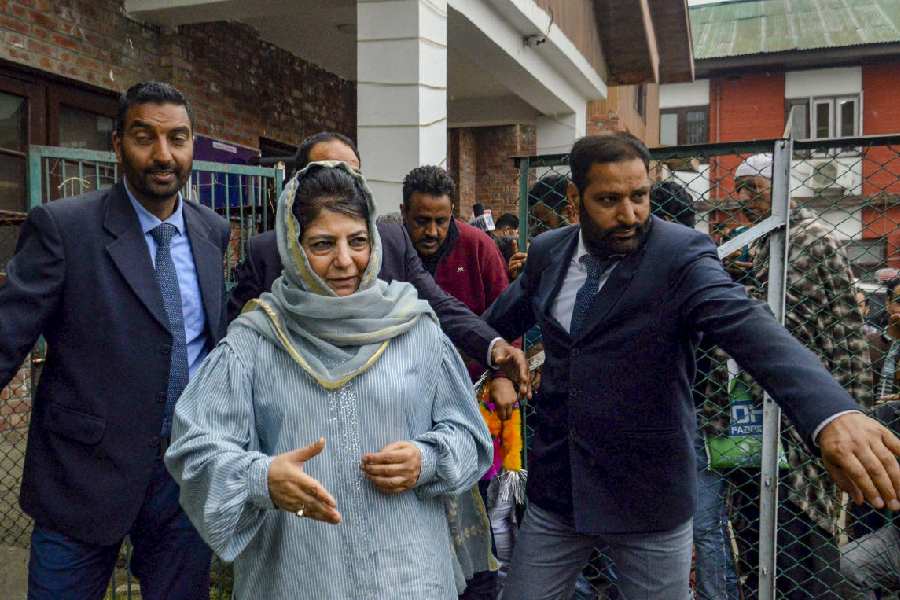Oil prices in India are not linked to global crude prices but to a phenomenon called elections, the Narendra Modi government has virtually confirmed by waving a wand and bringing down the prices of petrol and diesel by at least Rs 2.50 a litre.
In eight BJP-ruled states that have cut the value-added tax, the benefit to consumers could go up to Rs 5 a litre.
In the process, the Modi government also scored an own goal against its pet theme of simultaneous polls as some citizens prayed for “an election a month or a week” to keep prices down.
The Centre lowered the excise duty on petrol and diesel by Rs 1.50 per litre and directed state-owned oil marketing companies to forgo another rupee a litre, effectively reducing pump prices for auto fuels by Rs 2.50 per litre. The new prices came into effect from midnight.
In what appeared to be a jugalbandi, eight BJP-ruled states heeded the appeal of finance minister Arun Jaitley and made a matching Rs 2.50 per litre cut in the value added tax they levy on these fuels. Auto fuel prices in these states are expected to go down by Rs 5 per litre.
Poll-bound Rajasthan, a BJP-run state, had already pared its rate in September.
Opposition-ruled Bengal, Kerala and Karnataka, which had cut their VAT rates on auto fuels by Re 1 to Rs 2 per litre last month, have said they will not cut rates again.
Congress spokesperson Randeep Singh Surjewala said the whole exercise was a hoax since the Modi government had raised duties on petrol by 211 per cent and diesel by 443 per cent during its four years in office. The Centre has cut excise duties only twice in the past 22 months — once in October last year when it cut the duty by Rs 2 a litre and now by Rs 1.50.
Jaitley said the government wanted “to provide relief to consumers as the global crude price had touched $86 per barrel, a four-year high”.
Just last month, the Centre had said that it had no intention to cut excise duties on petrol and diesel and jeopardise its tax revenues. It has consistently resisted demands for excise duty cuts since May when pump prices first started to move up.
The turnaround was apparently prompted by the robust tax collections in the first half ended September 30.
Jaitley said the impact of the excise duty cut on the Centre’s revenues would be about Rs 21,000 crore in a full year and Rs 10,500 crore in the remainder of the current financial year. But the hike in duties had helped the government more than double its excise collections from petro goods from Rs 99,184 crore in 2014-15 to Rs 229,019 crore in 2017-18.
Three BJP-ruled states — Rajasthan, Madhya Pradesh and Chhattisgarh — are scheduled to go to the polls later this year.
BJP chief Amit Shah was closeted with three senior ministers on Wednesday and discussed the need for cutting fuel prices, sources said.
Elections do make governments price-sensitive. Oil prices were on freeze for 19 days during the Karnataka Assembly polls in May this year despite a spike in international crude prices. They were raised a day after the polls got over.
In the first fortnight of December 2017, before Gujarat went to polls, state-owned fuel retailers cut prices by 1 paisa to 3 paise every day. The prices started going up after voting was over on December 14.
On Thursday, some tweeters felt that the idea of simultaneous polls, pushed by the Modi government, was anti-people. “After the cut in petrol and diesel prices, let’s pray to have elections every month or perhaps every week,” one tweet said.
Another wondered: “Make me understand this: after fuel prices go up by Rs 20, they get cut by Rs 2 and we ‘celebrate’?”

